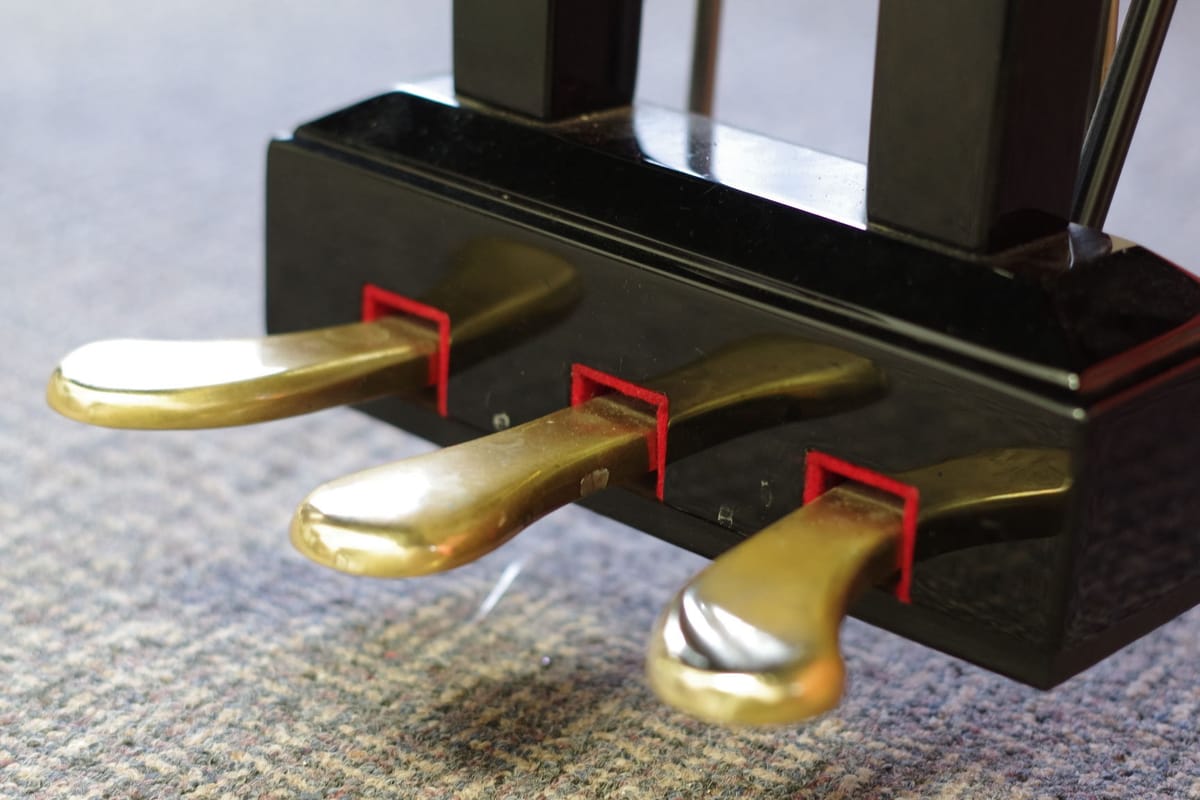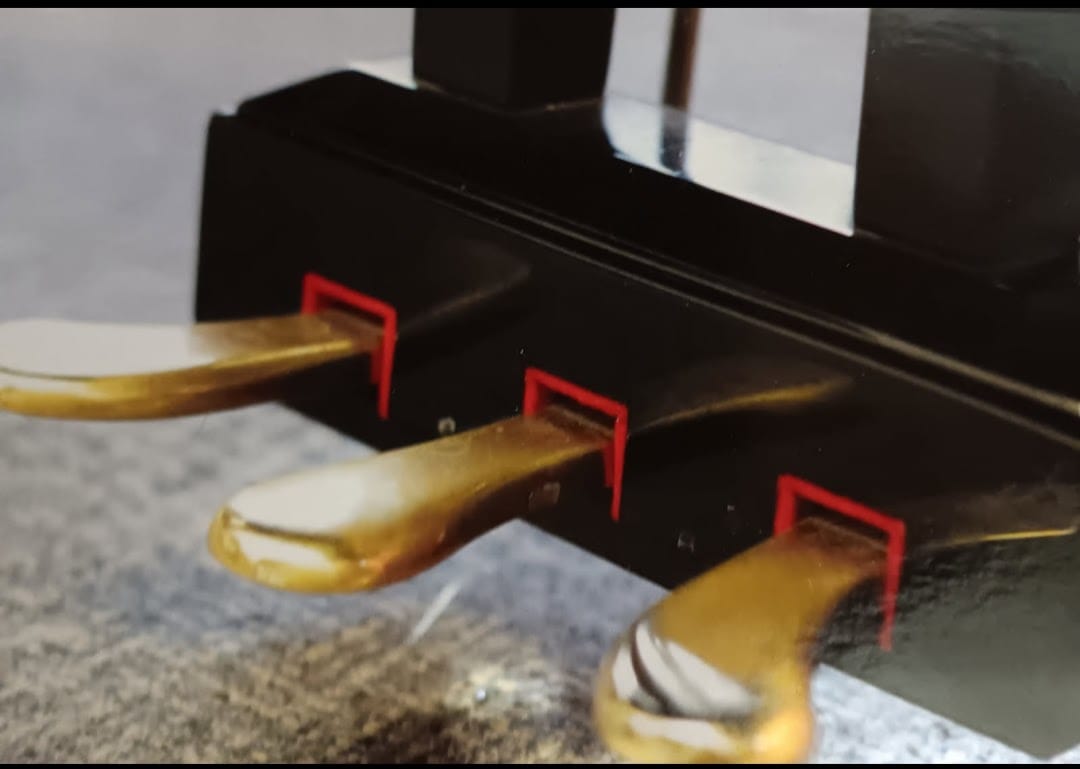Professional Isolation
This is an urgent subject to tackle before the school year begins

The purpose of The Piano Instructor is to help professional musicians become effective educators.
We are here for those who wish to start a formal studio and want to start strong, with good pedagogical foundations and appropriate expectations for their students.
One of the topics we spend time on during our professional development workshops is isolation.
Music teachers face professional isolation at a very high rate.
According to Crown Counseling, 80% of teachers have reported doing more work than their job descriptions required due to shortages.
According to a study by the National Institute of Health, lack of administrative support is the single biggest factor increasing anxiety.
And according to anecdotal evidence from every teacher you’ll ever talk to, the job can simply be hard—and almost none of the difficulties are due to the students. (Some of them are)(but more are due to bureaucracy).
My job is to provide resources, mentorship, and general ole fashioned help so that the new educator doesn’t get discouraged and instead learns all the ways to overcome the obstacles that can sometimes end a brilliant new teacher’s career.
I am creating several packets for the professional musician-turned-educator that will be available at Teachers Pay Teachers to address this.
The first packet includes these topics:
- The Theory behind Lesson plans—what they are, why they’re valuable, how to create them, and how to use them to advance your students’ progress.
- Examples of lesson plans—I will include instructions for the teacher on how to teach a concept in music. For example, I give instructions on how to teach how to transpose a song, using Frére Jacques as an example. This will give you a starting point so that you can figure out your own lesson-plan style over time.
- Ways to handle the top three difficulties with students—Lack of engagement, outright refusing to practice, not paying attention during the lessons or talking about stuff that has nothing to do with music…these are the three top behaviors that can render a lesson a dud. There are ways to handle these.
- Examples of Self-Care, specific to teachers—I am always reluctant to call it this because it sounds so fru-fru and non-scientific. But the statistics say otherwise:
a. So many studies show that teachers are far more dehydrated than ought to be. Dehydration can result in difficulty concentrating and making decisions—two very important tasks teachers must perform. It sounds so pedantic—drink your water—but for someone who talks all day long, who is expressive all day long, who is thinking and calculating and planning all day long…it’s so so important.
b. Emotional exhaustion, guilt and self-doubt creep in when teachers don’t have a strong network. Learn how to build your network of teachers. The Venn diagram of cool musicians and cool teachers will allow you to find the cool musician teachers and the cool teacher musicians.
c. If you’re not the boss of the studio, you can’t make all the decisions all the time.
Limited autonomy for creative people is EXTREMELY DIFFICULT to navigate. If you don’t own your studio, you have to follow the guidelines of the boss or the board members.
The thing is, you’re an artist, so your brain works differently from the corporate, follow-this-exactly, administrator requirements, and if there is a conflict on how to help students become successful, this can cause So Much Angst. I include tips on how to handle this.
As you can see, these are particular concerns for us, but there are scant resources for us. All of these issues contribute to professional isolation. If we want a strong educational network, we must engage and connect.
That’s why I created the company—to create the resources and then make them available for us.
Here’s the thing—I want to show you how to create them so that you don’t need me. That way, whenever a situation comes up, you’ll know how to deal with it confidently and even inspire your students with what they thought was an obstacle.
That’s how we all win with The Piano Instructor. I want you to make me obsolete.
We teach this.
Lessons@ThePianoInstructor.net and 1.313.687.4433 are the best ways to hire us to train your teachers, write your curriculum, present your professional development workshops, and give piano lessons. Contact us today to book us for the 25-26 academic year.
